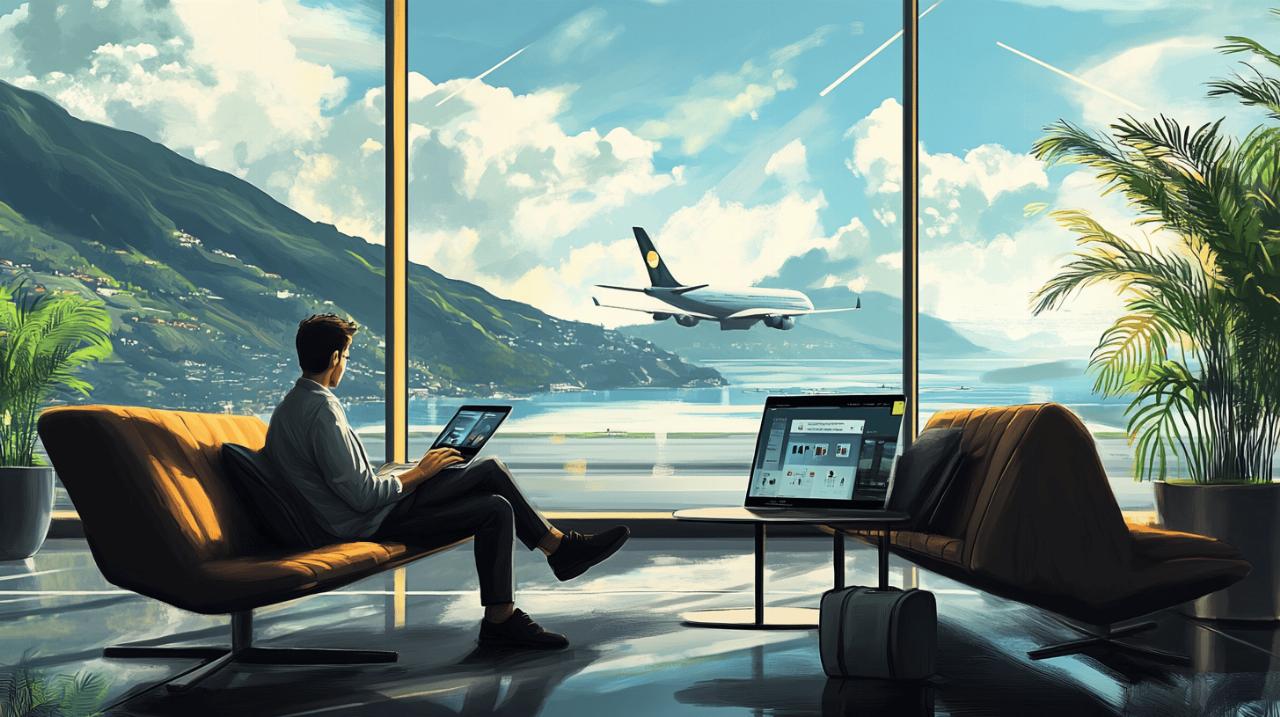Traveling can be one of life’s greatest pleasures when properly planned. Mastering the art of preparation makes all the difference between a chaotic trip and a seamless adventure. When you prioritize organization from the start, you set yourself up for a more enjoyable experience free from common travel headaches.
Smart packing strategies
The way you pack significantly impacts your travel experience. Strategic packing means bringing exactly what you need without burdening yourself with excess items that weigh you down physically and mentally during your journey.
Lightweight essentials list
Creating a focused packing list keeps your luggage manageable and ensures you have all necessities. Start with versatile clothing pieces that can be mixed and matched, then add travel-specific items like a compact travel wallet to keep your documents secure. Many travelers forget critical health items – ensure you’re prepared with necessary medications and consider if you need travel vaccinations based on your destination. You can find comprehensive packing guidance for various destinations on https://www.preparatuviaje.es/ where expert travelers share their tried-and-tested essentials lists for different types of trips.
Space-saving techniques
Maximizing limited luggage space requires skill and practice. Rolling clothes instead of folding them reduces wrinkles and creates more room. Utilize packing cubes to compartmentalize your belongings while keeping them compressed. Small leather travel goods like passport holders and luggage tags not only save space but add functionality. Consider multipurpose items that serve several functions to eliminate duplicate items. For long-distance journeys, learn more about efficient packing methods visit https://www.preparatuviaje.es/ which offers specialized advice for different travel styles and destinations.
Transportation planning mastery
Embarking on your next adventure requires thoughtful preparation to minimize travel stress. Effective transportation planning forms the backbone of any smooth journey, allowing you to focus on experiences rather than logistics. Creating a detailed travel plan helps organize your adventure without worries, saving time and reducing anxiety during your trip.
When planning your transportation, consider factors like distance, cost, convenience, and your personal travel style. Having a rough itinerary with flexibility built in gives you structure while allowing for spontaneous experiences. Remember that proper planning extends beyond just getting to your destination—it encompasses all movement during your trip.
Booking optimal flight times
Selecting the right flight times dramatically impacts your entire travel experience. When booking flights, prioritize departure times that align with your natural body rhythm to avoid exhaustion. Morning flights generally face fewer delays but might require an early wake-up call. Mid-day flights offer a balance, while evening flights might save money but could leave you arriving at odd hours.
Consider the timing of flights to avoid exhaustion at your destination. For international travel, flights that land in early afternoon local time often help minimize jet lag. Build in buffer time between connections—at least 90 minutes for domestic transfers and three hours for international ones. Using travel accessories like a quality leather travel wallet to keep your boarding passes and travel documents organized can streamline the airport experience.
Ground transport arrangements
Planning your ground transportation before arrival saves significant time and reduces stress. Research city navigation options thoroughly—whether public transit systems, ride-sharing availability, or rental car requirements. Tools like Google Maps or Citymapper can help familiarize yourself with transportation networks before you arrive.
Pre-book airport transfers when possible, especially for late-night arrivals. For city exploration, investigate travel passes that might offer better value than individual tickets. Know how to navigate the city in advance by downloading offline maps and understanding basic routes. Consider accommodation location relative to transportation hubs and major attractions—staying centrally might cost more but save valuable time and transport expenses during your trip. Keeping your itinerary details accessible in a leather passport holder or travel wallet ensures quick reference when navigating unfamiliar locations.

